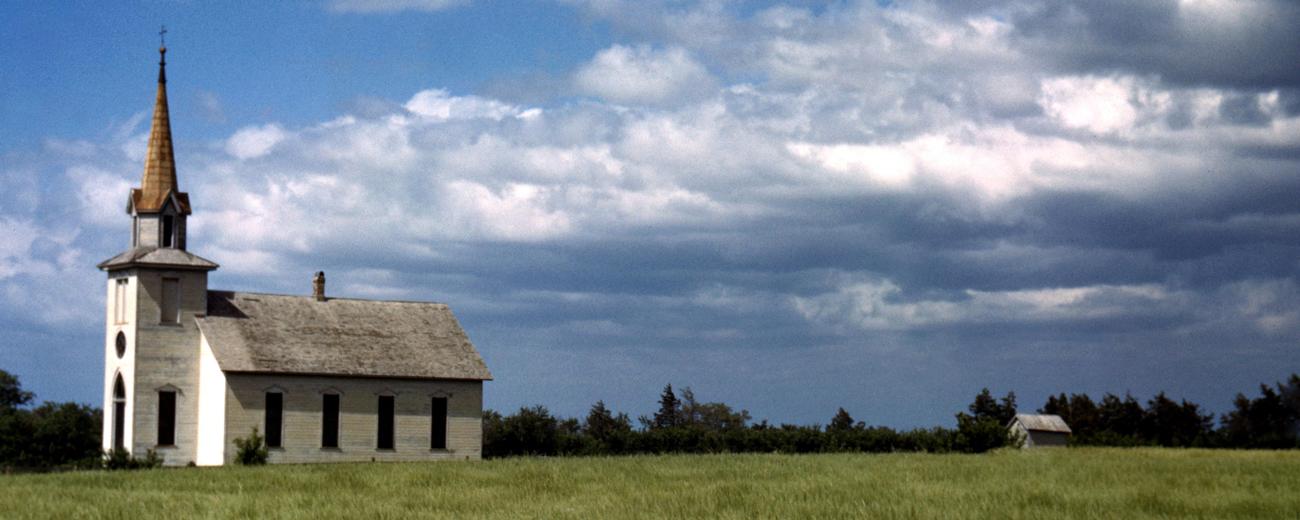Junction City was incorporated as a town on February 9, 1859 and has been on a growth curve ever since.
Restaurants here tend to focus on American cuisines and lack international flare. They follow a meat and potato menu with the minor exception of some Chinese, pizza, and fast foods.
A number of attractions demonstrate the flavor and history of the region. For instance, Geary County Museum acquaints the traveler with the way things once were using exhibits, workshops and re-enactments.
Viewing the downtown area itself helps one to appreciate the artistic masonry work of the stone buildings of the late 19th Century. Several monuments are also worth viewing: The Buffalo Soldier Memorial, The Civil War Memorial Arch, and The State of Kansas Vietnam Veterans Memorial.
Outdoor fun is part of the Junction City lifestyle. Milford Lake, the biggest lake in the Sunflower State, is a great place to start. Known as the "Fishing Capitol of Kansas", it is a angler's paradise. But, that's not all it has. There's also swimming and boating that keep the summer crowds happy.
Following the Republican River from Fort Riley to Milford Dam, Riverwalk is a 4.8-mile path that is used for walking, jogging, horseback riding, biking and snowmobiling. A 1.2-mile paved biking and walking path is also available at South Park.
According to Golf Digest, Rolling Meadows Golf Course is "one of the top ten places to play golf in Kansas." Designed by Richard Watson in 1978, this course offers beautiful views, as well as a challenging and satisfying 18-hole game with bent grass greens, bluegrass fairways, and five lovely lakes.
There are tennis courts and a basketball court at Coronado Park. Seniors and kids under 16 are allowed to fish in Homer's Pond within the city limits. And for softball fans, North Park has beautiful scenic fields to play in with covered dugouts.
Junction City is located about 62 miles from Topeka, in the Flint Hills of Kansas on I-70.









